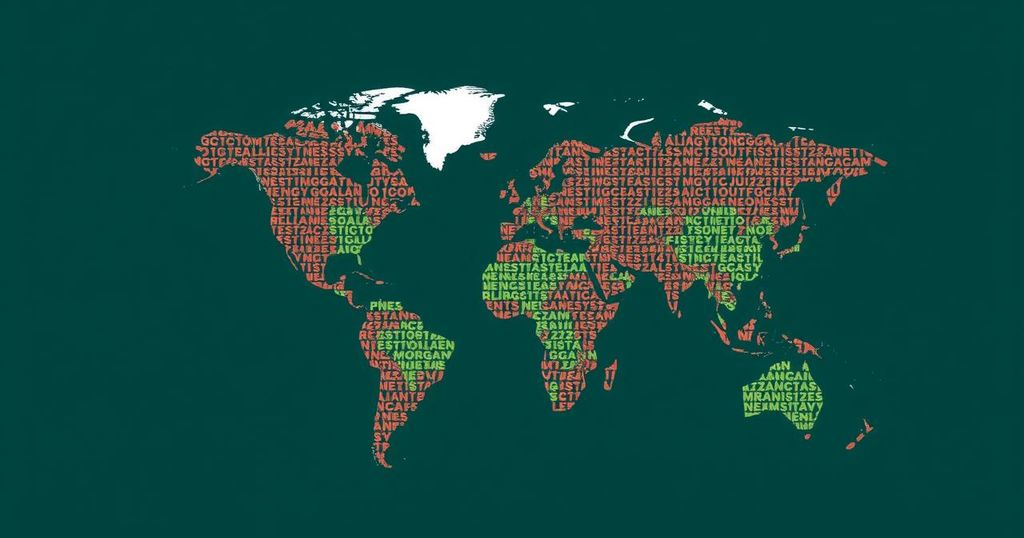Concerns Grow Over Gender Regression at Global Climate Negotiations
At COP29 in Azerbaijan, participants have expressed concerns about a regression in gender considerations in climate negotiations. Key discussions have seen the removal of gender-inclusive language, heavily influenced by opposition from Saudi Arabia and supported by Russia. As a result, the focus on integrating women’s experiences into climate policy appears to be diminishing, raising alarm among advocates for gender equity in climate action.
As global climate negotiations unfold, alarmingly, a retreat in gender considerations has been observed at COP29 in Azerbaijan. Historically, climate summits have emphasized the integration of women’s experiences, particularly as they are disproportionately impacted by climate change. However, a recent draft proposal saw the removal of references to women and the term “diversity,” according to Mary Robinson, Ireland’s first female president. This decline in gender sensitivity has reportedly been endorsed by Saudi Arabia and supported by Russia, as they promote traditional values in the context of climate discussions.
Mary Robinson expressed concern over the visible backlash against gender inclusion globally, linking it to rising right-wing governance in the United States and parts of Europe. Despite climate finance discussions highlighting the necessity of being “human rights-based and gender-responsive,” there remains concerted opposition to gender-related language in official documents. A Saudi official stated that human rights considerations are “not relevant” to climate finance, reflecting a growing trend to downplay gender issues in climate policy formulation.
Currently, women and girls make up approximately 80 percent of those displaced by climate change, escalating their vulnerability to human trafficking and other forms of abuse. Furthermore, only 34 percent of delegates at last year’s COP28 were women, underscoring the need for a more diverse representation in climate policy. During an event aimed at addressing gender within climate change, German Foreign Minister Annalena Baerbock stressed the crucial role women play in combating the climate crisis and called for a renewal of effective gender initiatives, such as the Lima programme established in 2014.
Feminist climate activist Ayshka Najib criticized the lack of prioritization of gender issues by Azerbaijani hosts. She acknowledged that while there was some restoration of gender-related language, the overarching atmosphere at COP29 suggested a concerning regression. Furthermore, Canada’s climate negotiator voiced discontent regarding proposals that imply a decade of setbacks in gender considerations.
The current situation indicates a significant step back in achieving gender equity within the climate agenda, raising urgent concerns about the possible long-term implications for climate negotiations and the marginalized communities they aim to protect.
The inclusion of gender perspectives in climate change discussions is crucial due to the disproportionate impacts that climate-related crises have on women and girls. Historically, climate change summits, like those organized by the United Nations, have emphasized the necessity of integrating women’s voices and experiencing into climate policies. The recent events at COP29 reflect a worrying trend where gender considerations are being sidelined, potentially undermining progress made in the past regarding gender-sensitive climate action.
The current discourse at COP29 highlights a troubling regression in the commitment to gender inclusion within climate discussions. With significant voices advocating for the recognition of women’s unique challenges in the face of climate change, the opposition to gender considerations signals a potential setback in achieving equitable solutions. As climate impacts continue to disproportionately affect women, it is imperative that policymakers recognize the importance of integrating gender perspectives into climate strategies moving forward.
Original Source: www.france24.com




Post Comment